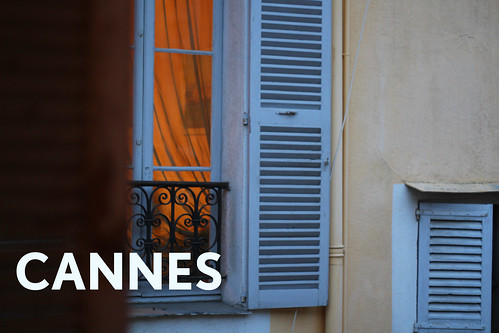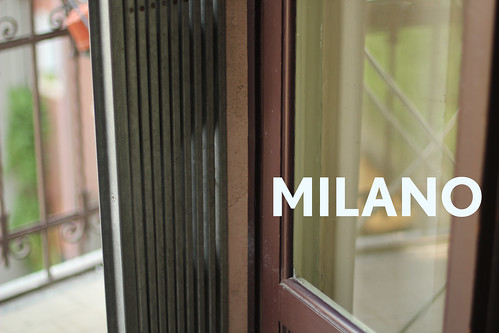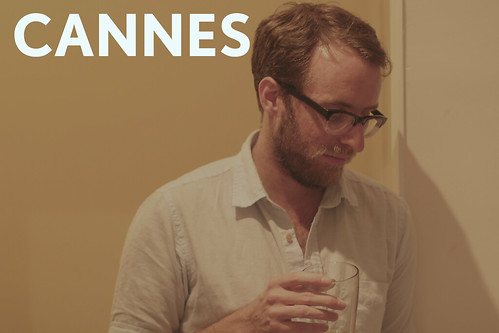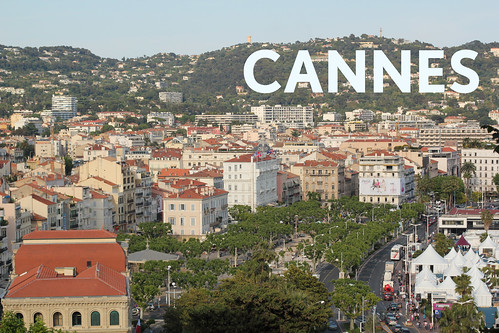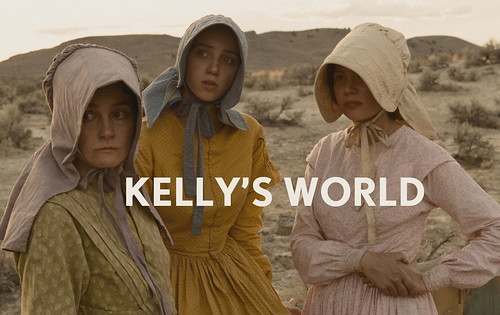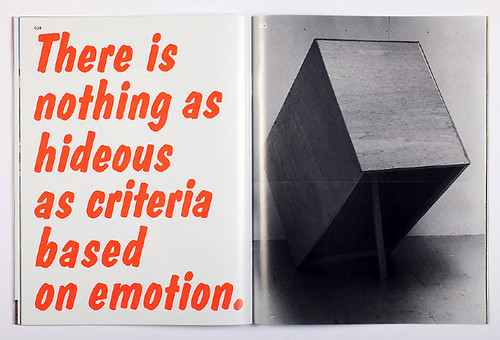A conjunction of quotations #13
— edited by Ryland Walker Knight
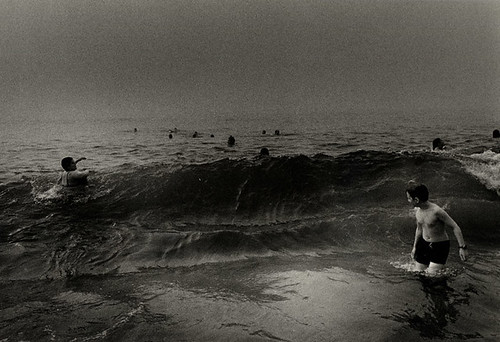
— Paul Nozolino
1.
We don't even know if what ends in daylight terminates in us as useless grief, or if we are just an illusion among shadows, and reality just this vast silence without wild ducks that fall over the lakes where straight and stiff reeds swoon. We know nothing. Gone is the memory of the stories we heard as children, now so much seaweed; still to come is the tenderness of future skies, a breeze in which imprecision slowly opens into stars. The votive lamp flickers uncertainly in the abandoned temple, the ponds of deserted villas stagnate in the sun, the name once carved into the tree now means nothing, and the privileges of the unknown have been blown over the roads like torn-up paper, stopping only when some object blocked their way. Others will lean out the same window as the rest; those who have forgotten the evil shadow will keep sleeping, longing for the sun they never had; and I, venturing without acting, will end without regret amid soggy reeds, covered with mud from the nearby river and from my sluggish weariness, under vast autumn evenings in some impossible distance. And through it all, behind my daydream, I'll feel my soul like a whistle of stark anxiety, a pure and shrill howl, useless in the world's darkness.
— Fernando Pessoa
2.
C. Bergvall says space is doubt—
What emerges then?
Something cast in aluminum from a one-half scale model of a freight shed
Intrication
The slight smudge of snow in the shadow of each haycock in the still-green field
The hotel of Europe. Its shutters.
Fields and woods oscillate as in Poussin
While the vote is against renewed empire, or at least capital temporarily
Each wants to tell about it but not necessarily in language
— Lisa Robertson
3.
Walked through Covent Garden; there were five of their mimes knocking about. I don't understand why people take pictures of mimes. Everyone looks like a mime in a picture.
— Karl Pilkington
4.
Where were you when I laid the foundations of the earth? Tell me, if you have understanding. Who determined its measurements? Surely you know! Or who stretched the line upon it? To where were the foundations fastened? Or who laid its cornerstone, when the morning stars sang together, and all the sons of God shouted for joy?
— Job, 38:4-7 º
5.
English has a hard time speaking the deed, articulating the event. We can speak actively — I love you — or passively: I am loved. But it's difficult to speak in a way that is neither active nor passive, that is both active and passive: loving. Which is to say, it's difficult to speak with the world because either we're doing things to it or things are being done to us.
— Daniel Coffeen
6.
There’s no need to invoke the Beyond when talking about Dreyer. Neither God, nor master. Just soul, that’s all. A gospel of images, that’s all. That the images happen to be sharp, ultra-sharp, is a plus – a ‘bonus’, as people say these days. The essential thing in Dreyer (as in Fassbinder, the master of cinema after cinema, which obviously needs a master) is what he tells, not how he tells it. What he sings, if you like. Oh, you don't like, you want your short-order review of Ordet. And what does Ordet even mean? It means ‘the word’. And that means there is speech, and that this speech matters. Is that too complicated for you? Tough luck.
— Louis Skorecki
7.
The logic of artistic construction and esthetic appreciation is peculiarly significant because they exemplify in accentuated and purified form the control of selection of detail and of mode of relation, or integration, by a qualitative whole. The underlying quality demands certain distinctions, and the degree in which the demand is met confers upon the work of art that necessary or inevitable character which is its mark. Formal necessities, such as can be made explicit, depend upon the material necessity imposed by the pervasive and underlying quality. Artistic thought is not however unique in this respect but only shows an intensification of a characteristic of all thought. In a looser way, it is a characteristic of all nontechnical, non-"scientific" thought. Scientific thought is, in its turn, a specialized form of art, with its own qualitative control. The more formal and mathematical science becomes, the more it is controlled by sensitiveness to a special kind of qualitative considerations. Failure to realize the qualitative and artistic nature of formal scientific construction is due to two causes. One is conventional, the habit of associating art and esthetic appreciation with a few popularly recognized forms. The other cause is the fact that a student is so concerned with the mastery of symbolic or prepositional forms that he fails to recognize and to repeat the creative operations involved in their construction. Or, when they are mastered, he is more concerned with their further application than with realization of their intrinsic intellectual meaning.
— John Dewey
8.
My difficulty is only an — enormous — difficulty of expression.
— Wittgenstein
9.
Somebody go fetch me a preacher
So I can buy the rights...
I wanna love you!
— The Mighty Hannibal
10.
I’ve been dancing so long, I don't know. Maybe. I don't know, I’m not against the idea. Again, it’s like these guys in the play entering middle age. You say, well, what stopped me from this, and was it the other person, or was it in me? And I don’t have the full answer for that. I was never really settled in being an actor, what I wanted to really do in my mind was think, Okay, let me settle that first because then I’ll do this. Because if you get married and have kids you should shovel shit for them, you really should. When I was 25 or 35, "shoveling shit" in my parlance would mean doing really crappy movies, intentionally making crappy movies I didn't want to do. I mean, I had some that came out crappy, but it was never the ideal.
— Jason Patric
11.
We're going to turn this team around 360 degrees.
— Jason Kidd
12.
Sometimes it’s unfair, because of how strong I am.
— LeBron James
13.
The palm at the end of the mind,
Beyond the last thought, rises
In the bronze distance.
A gold-feathered bird
Sings in the palm, without human meaning,
Without human feeling, a foreign song.
You know then that it is not the reason
That makes us happy or unhappy.
The bird sings. Its feathers shine.
The palm stands on the edge of space.
The wind moves slowly in the branches.
The bird’s fire-fangled feathers dangle down.
— Wallace Stevens
14.
The bowl that emerged was one of those gifts whose first impact produces in the recipient's mind a colored image, a blazoned blur, reflecting with such emblematic force the sweet nature of the donor that the tangible attributes of the thing are dissolved, as it were, in this pure inner blaze, but suddenly and forever leap into brilliant being when praised by an outsider to whom the true glory of the object is unknown.
— Vladimir Nabokov
15.
Forgiving is never as easy as we would like. Apparently quite a lot of people cried.
— Karen Green
